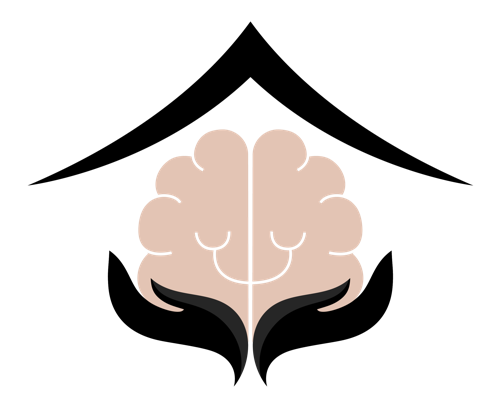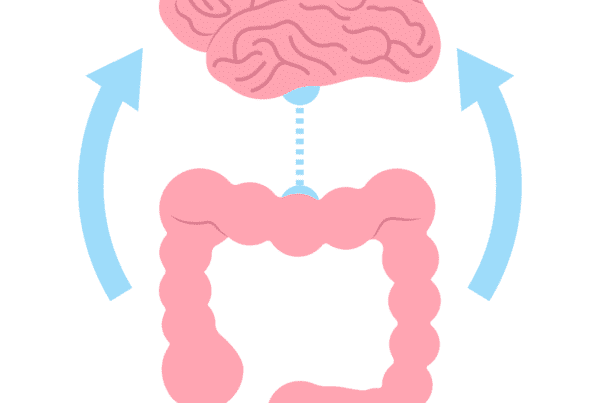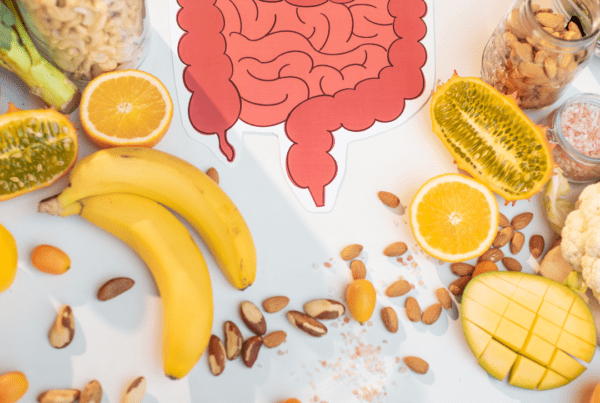In the quest for holistic health and wellness, the ancient wisdom of using functional mushrooms has been rediscovered and is gaining popularity in modern health practices. These natural powerhouses are revered for their nutritional value and potential therapeutic benefits, particularly in supporting mental health. In this post, we’ll explore what functional mushrooms are, spotlight some of the most celebrated varieties, and delve into how supplementing with these mushrooms can complement mental health treatments.
Understanding Functional Mushrooms
Functional mushrooms are varieties known for their health-enhancing properties beyond their nutritional content. Unlike the common culinary mushrooms, functional mushrooms are often used in supplement forms—such as powders, tinctures, and capsules—and are celebrated for their adaptogenic qualities, which means they help the body resist physical, chemical, or biological stressors.
Popular Functional Mushrooms and Their Backgrounds
- Lion’s Mane (
 Hericium erinaceus): Known for its unique, shaggy appearance resembling a lion’s mane, this mushroom is celebrated for its potential to support brain health. It contains compounds that stimulate the growth of brain cells and may improve memory and cognitive functions.
Hericium erinaceus): Known for its unique, shaggy appearance resembling a lion’s mane, this mushroom is celebrated for its potential to support brain health. It contains compounds that stimulate the growth of brain cells and may improve memory and cognitive functions.
- Reishi (Ganoderma lucidum): Often called the “Mushroom of Immortality,” Reishi is revered for its ability to enhance immune function and combat stress. Its adaptogenic properties make it a staple in traditional medicine for promoting relaxation and reducing anxiety.

- Cordyceps (Cordyceps sinensis): This unique mushroom grows on the larvae of insects and is prized for its energy-boosting and anti-fatigue effects. It’s believed to improve physical stamina and overall vitality, indirectly supporting mental well-being by enhancing physical health.
 Chaga (Inonotus obliquus): Growing primarily on birch trees in cold climates, Chaga is packed with antioxidants. It’s known for its immune-modulating properties and is used to su
Chaga (Inonotus obliquus): Growing primarily on birch trees in cold climates, Chaga is packed with antioxidants. It’s known for its immune-modulating properties and is used to su pport overall health and resilience.
pport overall health and resilience.- Turkey Tail (Trametes versicolor): Recognized by its colorful, fan-shaped appearance, Turkey Tail is rich in polysaccharides and beta-glucans that support the immune system. It’s often used in conjunction with medical treatments to support overall well-being.
The Mental Health Connection
Supplementing with functional mushrooms can offer several benefits that complement mental health treatments:
- Stress Reduction: Many functional mushrooms have adaptogenic properties that help the body cope with stress, a common trigger for mental health issues like depression and anxiety.
- Cognitive Support: Lion’s Mane, in particular, has shown promise in enhancing cognitive functions and may support neurogenesis, which is vital for maintaining a healthy brain.
- Immune System Modulation: Since there’s a link between chronic inflammation and mental health conditions, the immune-modulating effects of mushrooms like Reishi and Chaga can indirectly support mental wellness.
- Mood Enhancement: The overall health benefits of functional mushrooms, such as improved vitality and reduced stress, can contribute to a better mood and general well-being.
Integrating Functional Mushrooms with Mental Health Treatment
Incorporating functional mushrooms into a mental health treatment plan should be done thoughtfully and ideally under the guidance of healthcare professionals. While they are not a replacement for conventional treatments, functional mushrooms can be a valuable complementary approach. For individuals struggling with mental health conditions, these natural allies might offer a gentle, supportive boost to traditional therapies.
Conclusion
Functional mushrooms represent a fascinating intersection of ancient wisdom and modern science, offering a natural complement to support mental health. As we continue to explore the full potential of these natural wonders, it’s clear that functional mushrooms hold a promising place in holistic health practices, including those aimed at enhancing mental wellness. At Safe Haven Health, we are dedicated to embracing and integrating complementary treatments to support the diverse needs of those we serve, always committed to safety, efficacy, and overall well-being.

 Hericium erinaceus): Known for its unique, shaggy appearance resembling a lion’s mane, this mushroom is celebrated for its potential to support brain health. It contains compounds that stimulate the growth of brain cells and may improve memory and cognitive functions.
Hericium erinaceus): Known for its unique, shaggy appearance resembling a lion’s mane, this mushroom is celebrated for its potential to support brain health. It contains compounds that stimulate the growth of brain cells and may improve memory and cognitive functions.

 Chaga (Inonotus obliquus): Growing primarily on birch trees in cold climates, Chaga is packed with antioxidants. It’s known for its immune-modulating properties and is used to su
Chaga (Inonotus obliquus): Growing primarily on birch trees in cold climates, Chaga is packed with antioxidants. It’s known for its immune-modulating properties and is used to su pport overall health and resilience.
pport overall health and resilience.

